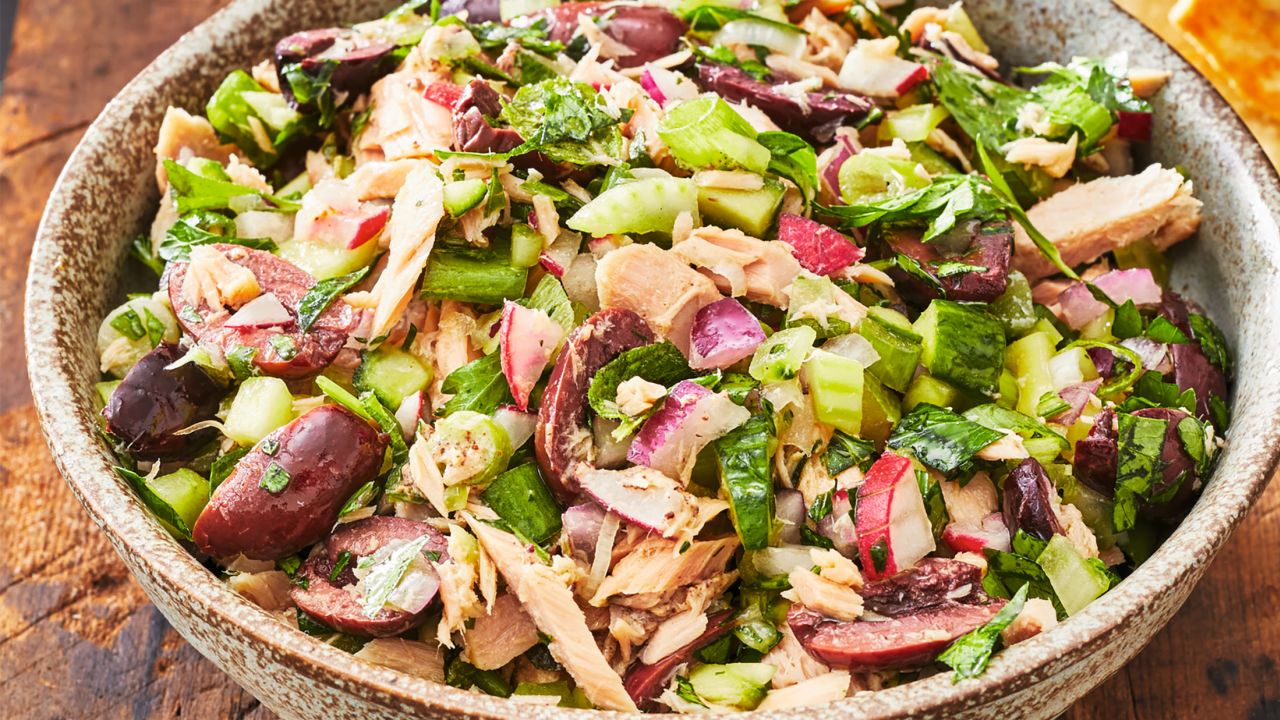Many people still want to lose weight, especially now that we are in 2024 and health and fitness are receiving more and more attention. With so many weight loss programs on the market, it can be difficult to choose the right one. After reading this article about the best weight loss plans in 2024, you can feel confident that you can make an informed decision.
How to understand weight loss in 2024
In 2024, losing weight is not just about shedding excess pounds; it’s also about improving your life. The focus is not on quick solutions, but on long-term solutions that deliver results.
Why choosing the right weight loss plan is so important
Before starting a weight loss program, you should know how important it is to choose a weight loss program that suits your needs. Here are some important things to consider:
Set achievable goals
Make sure your weight loss goals are reasonable and achievable. High expectations can make you angry and disappointed.
Consider lifestyle factors
When choosing a weight loss plan, consider your lifestyle, what you like and what you can’t eat. This should be something you can do without having to think about it.
Focus on long-term approaches
Find a program that helps you lose weight in a healthy way by encouraging you to eat healthy and exercise regularly. Stay away from fad diets that provide quick results but are difficult to maintain in the long term.
Popular weight loss methods in 2024
Here are some of the most famous weight loss plans for 2024:
1. Ketogenic diet
People who follow the ketogenic diet eat a lot of fat, not a lot of protein, and not a lot of carbohydrates. The body then begins to burn fat instead of glucose, which is called ketosis.
working principle
When you drastically reduce carbohydrates, your body enters a state of ketosis, which helps you lose weight quickly.
pros and cons
The ketogenic diet can help you lose weight in the short term, but it can be difficult to stick to it because it is so restrictive. Additionally, it may not be suitable for everyone, especially those with certain health conditions.
2. Fast from time to time
With intermittent fasting you go from not eating to eating for a long time. Some well-known methods are the 16/8 method and the 5:2 method. With the 16/8 method you do not eat for 16 hours and only eat within 8 hours. With the 5:2 method, you eat normally for five days and then restrict calories for two days.
working principle:
Intermittent fasting can help you lose weight by lowering the number of calories you eat and making your metabolism healthier.
Pros and cons
Intermittent fasting has been shown to help people lose weight and may also have other health benefits, such as making insulin work better and helping cells heal. However, it may not be suitable for everyone, especially those who have had eating problems in the past.
3. Plant-based diet
A plant-based diet means you eat mostly plant foods with little or no animal products.
Veganism and vegetable liver
A plant-based diet is similar to vegetarianism, but is less strict and sometimes allows the consumption of animal products. It places a heavy emphasis on nuts, seeds, fruits, vegetables, whole grains and legumes.
good for your health
A plant-based diet has been shown to help people lose weight, prevent certain cancers, improve heart health, and generally make people healthier.
4. Mediterranean diet
The Mediterranean diet stems from the way people eat in Greece, Italy and Spain, all of which are close to the Mediterranean Sea.
important part
It tells you to eat less red meat and processed foods and more fruits, vegetables, whole grains, fish, olive oil, nuts and seeds.
Conduct research and make recommendations
Many studies have shown that the Mediterranean diet has numerous health benefits, including weight loss, a healthier heart and a reduced risk of chronic diseases.
5. The diet of old people
It’s called the “caveman diet” because it’s based on the way our ancestors ate during the Paleolithic era.
Basic rules and guidelines
It recommends staying away from wheat, dairy, legumes, processed foods and eating whole, raw foods such as lean meats, fish, fruits, vegetables, nuts and seeds.
Effectiveness and controversy
Some people can lose weight and feel better on the Paleo diet, but it is criticized for being too restrictive and there is not enough scientific evidence to support its long-term effects.
Change your weight loss plan
There is no one way to lose weight that works for everyone. It’s bad
If you want to lose weight and keep it off, it’s important to incorporate regular exercise into your life. Aerobics, strength training and flexibility exercises should be performed together for best results.
Check progress
Track your progress by writing down your diet, exercise levels and weight loss goals. This helps you track your progress and make changes as necessary.
How to stay motivated and get through tough times
Starting to lose weight can be difficult, but the key to success is staying focused and overcoming the problem.
Obtain assistance system
Ask for help from people you know, such as family, friends, or online groups. They can support you and hold you accountable. Surrounding yourself with great people can make a big difference.
Dealing with stalls
Weight loss plateaus are normal, but don’t let them stop you from making progress. To help you lose weight again, be patient and focused and consider changing your daily routine by adding new exercises or foods to your diet.
How to deal with desires and temptations
You will always have desires and temptations, but having a plan to deal with them can help you stay on track. Find healthy versions of your favorite foods and eat them slowly to avoid overeating.
In summary
Ultimately, the best weight loss plan for you is one that you can stick to, that fits your lifestyle and is generally good for your health and well-being. Whatever diet you choose (Paleo, Mediterranean, plant-based, intermittent fasting, or ketogenic), make sure it suits your needs and get help when you need it. If you change your diet and lifestyle in small, long-term steps, you can achieve your weight loss goals and put them off forever.
Frequently Asked Questions
1. Can everyone follow these weight loss plans?
The weight loss plans mentioned above may work for some people, but it’s important to consult a doctor before starting any new diet or exercise program, especially if you have existing health problems.
2. How long will it take for these ideas to work?
The time it takes to see results depends on your starting weight, metabolism, how well you stick to the plan, and your overall lifestyle. It may take several weeks or longer for some people to notice changes.
3. Can I use more than one weight loss program?
It is possible to combine parts of different weight loss programs, but this should only be done carefully and with the help of a medical professional. Mixing and matching methods can work, but it’s important to make sure they work well together and meet your food needs.
4. What should I do if I can’t eat something or am allergic to something?
If you have food allergies or restrictions, it’s important to choose a weight-loss plan that suits your eating habits and needs. Consider talking to a trained nutritionist. They can help you create a plan that works within your limits.
5. What can I do to maintain my weight once I reach my goal?
Once you’ve achieved your weight loss goals, it’s important to keep working hard. To maintain your weight, focus on eating healthy, staying busy and being aware. Pay close attention to your work and make changes as necessary to ensure your long-term success.



